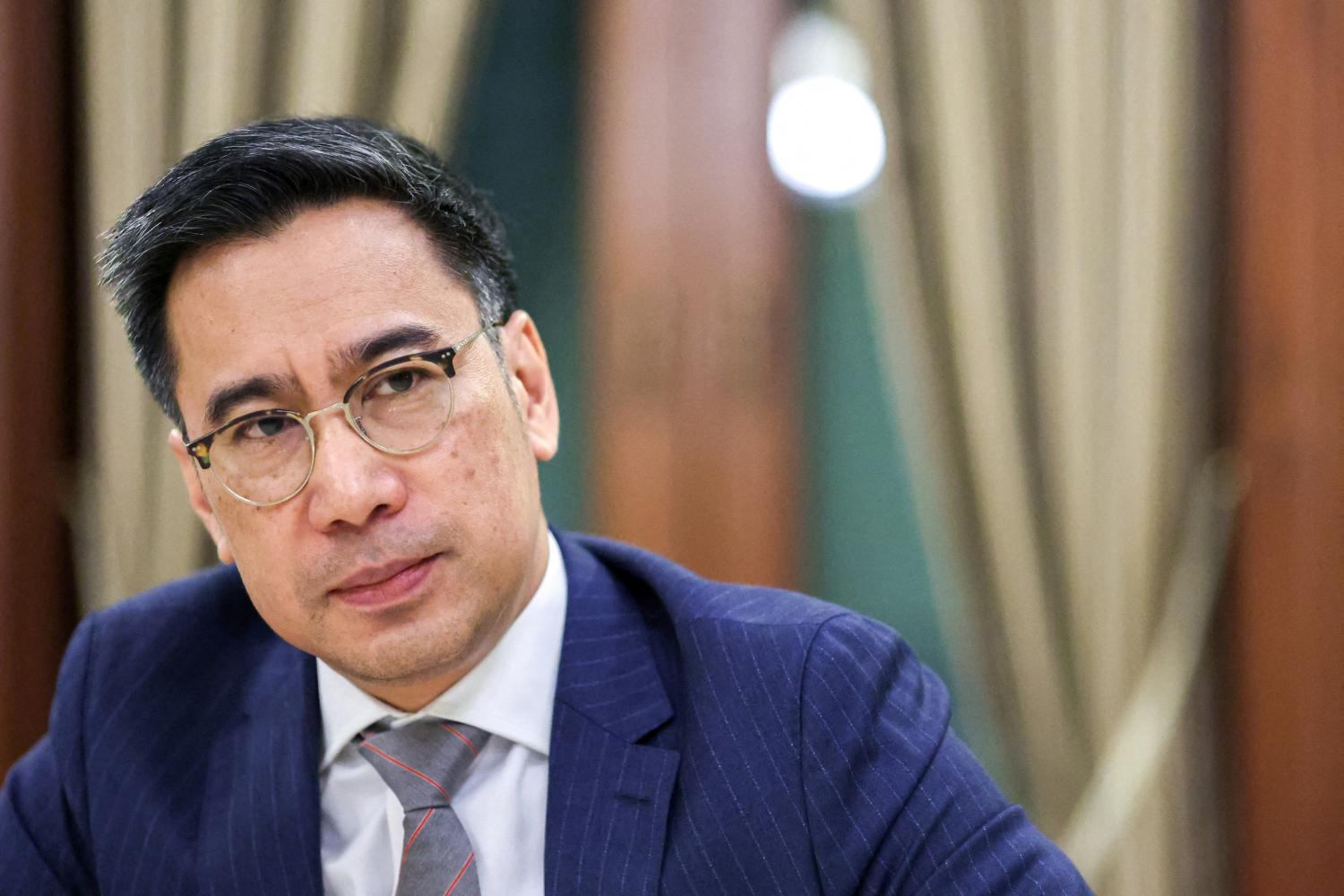BoT's Independence Rocked Amid Several Interest Rate Conflicts
For some time now, the Bank of Thailand's conflict over interest rate adjustments has drawn increasing questions about its independence.
For a while now, there have been several conflicts between the Bank of Thailand and Prime Minister Srettha Thavisin regarding interest rate adjustments. Amid this murky dispute, the independence of the Bank of Thailand has come under increasing scrutiny, with some arguing that it has hindered economic growth, while supporters commend its role in stabilizing the economy and keeping inflation low.
Debate on BoT’s Independence
Former Governor of the Bank of Thailand, Prasarn Triratvorakul, emphasized the crucial role of the central bank in managing monetary policy. In 2008, amendments to the Bank of Thailand Act highlighted the independence of the central bank, emphasizing cooperation with government institutions.
For instance, both parties agreed and annually submitted inflation targets to the Ministry of Finance. Upon approval, the central bank, operating independently, formulated monetary policy to control inflation for the year. This relationship effectively strengthened the country's control over inflation, preventing spikes in inflation rates.
As the largest spender in the economy through fiscal budgets, the government is closely associated with annual budgeting, managing public debt, and addressing government fiscal costs. The amended Bank of Thailand Act established the Monetary Policy Committee (MPC), whose working group exchanges views on economic data with the Fiscal Policy Office of the Ministry of Finance quarterly, facilitating synergy between monetary and fiscal policies, ensuring the balance, transparency, and accountability of central bank policies.

Previously, Paetongtarn Shinawatra, leader of the Thai Democratic Party, claimed that the central bank's independence was one of the reasons for the stagnation of the Thai economy. She argued that its overly accommodative monetary policy hindered economic recovery and led to a significant increase in public debt. This statement exacerbated the discord between the central bank and the authorities. However, most policymakers and economists still affirm the independence of the central bank and call for mediation of conflicts through other means.
Montri Mahaplerkpong, Vice Chairman of the Federation of Thai Industries (FTI), explicitly stated that the Thai government should resolve disputes with the central bank over interest rates in a more temperate manner, rather than attempting to limit the regulatory authority, which could affect the country's financial stability.
Typically, government-formulated economic policies tend to focus on growth, while central banks lean towards stability. Therefore, the conservative management efficiency advocated by the central bank is expected to contribute to the healthy development of the national economy in the short term, rather than simply applying stimulus measures to avoid overheating the economy.
It is understood that for a considerable period, Paetongtarn Shinawatra has been advocating for interest rate cuts by the central bank to lower business financial costs. However, Montri Mahaplerkpong has proposed several alternative solutions.
One of these is to establish a new institution responsible for monitoring the net interest margin of commercial banks (loan rates minus deposit rates). The reduction of this margin would help address liquidity issues for small and medium-sized enterprises. Additionally, the government could appropriately increase banks' provisions for non-performing loans, exerting pressure on their financial expenses and prompting them to lower loan rates, thereby stimulating the economy to a certain extent.
Interest Rate Cutting Dims
Regarding the current interest rate policy, Asia Plus Securities points out that the possibility of MPC rate cuts is very low, given the continued rise in inflation rates.
Data shows that Thailand's Consumer Price Index (CPI) rose by 0.19% year-on-year in April, marking the first increase in seven months but still remaining below the central bank's target range of 1%-3% for twelve consecutive months. The Ministry of Commerce forecasts that CPI will increase by 1%-1.5% year-on-year in May and by 0.8%-1.0% year-on-year in the second quarter, with a projected increase of 0.0%-1.0% year-on-year for the entire year.

Currently, Thailand's real interest rate is 2.31% (2.5% policy rate minus 0.19% inflation rate), significantly higher than the United States' real interest rate of 2% (5.5% policy rate minus 3.5% inflation rate).
Asia Plus Securities also believes that the inconsistency between fiscal and monetary policies has greatly affected investor confidence, influencing capital inflows and temporarily unsettling financial markets. However, this is expected to be temporary.
In 2024, the Thai government announced its annual fiscal budget allocation, including initiatives such as the 10,000 Baht digital wallet program and increasing the national minimum wage to 400 Baht. Therefore, Asia Plus forecasts that Thailand's GDP growth for the year could reach 2.4%-2.8%.
·Original
Disclaimer: The views in this article are from the original Creator and do not represent the views or position of Hawk Insight. The content of the article is for reference, communication and learning only, and does not constitute investment advice. If it involves copyright issues, please contact us for deletion.